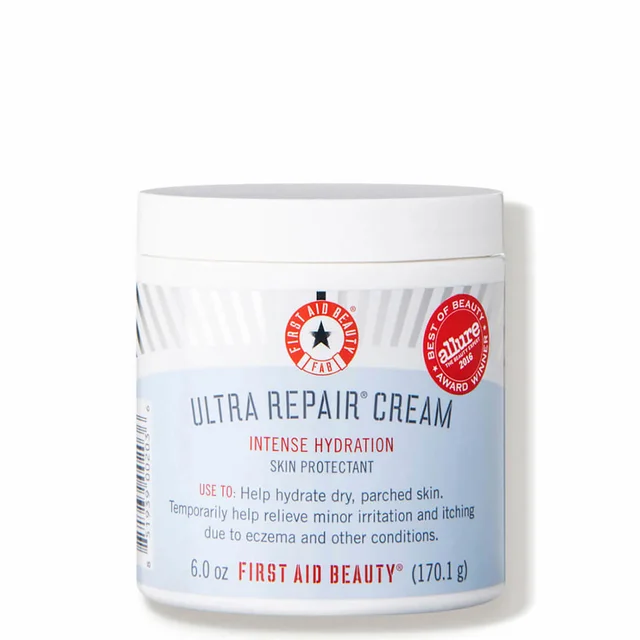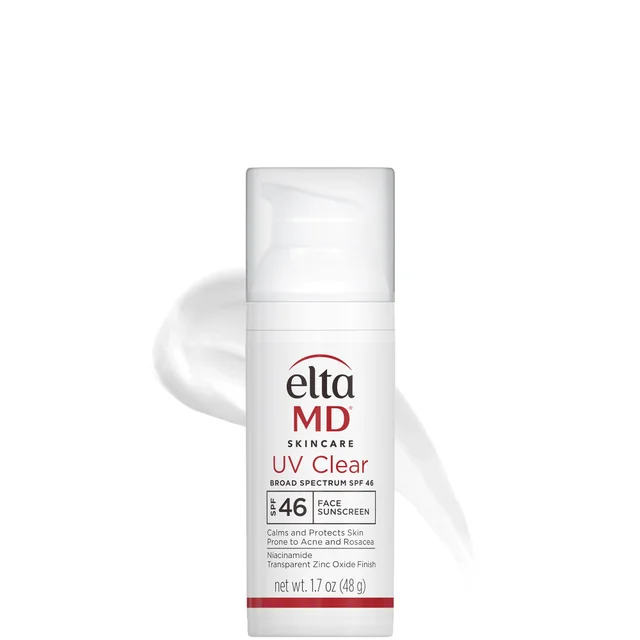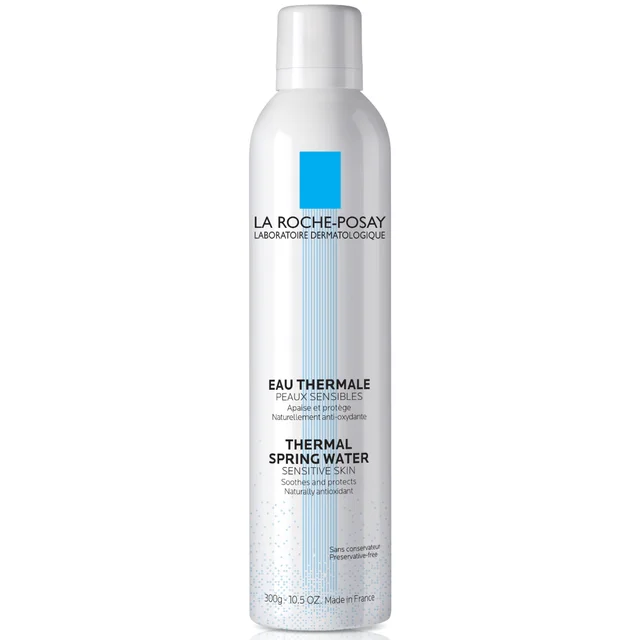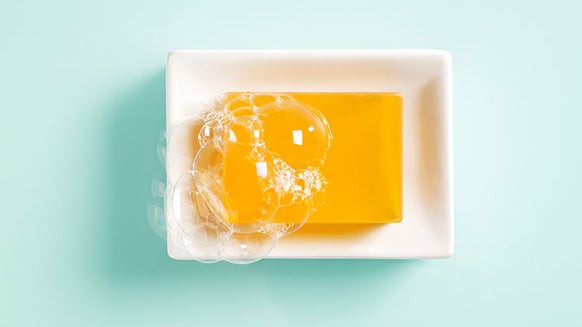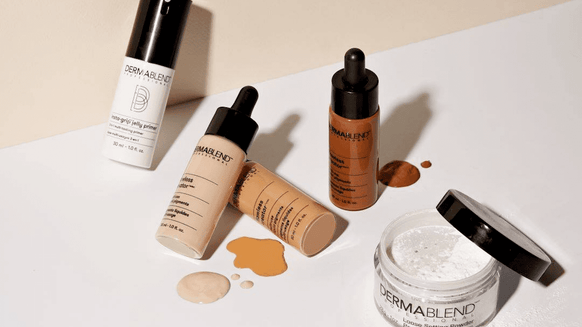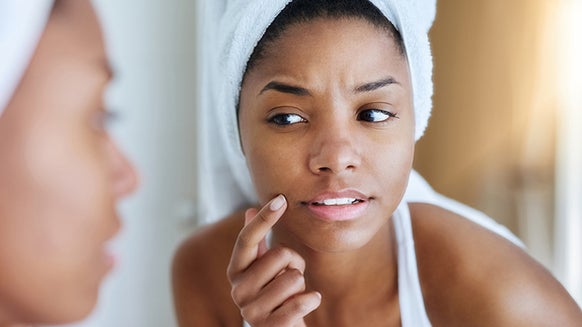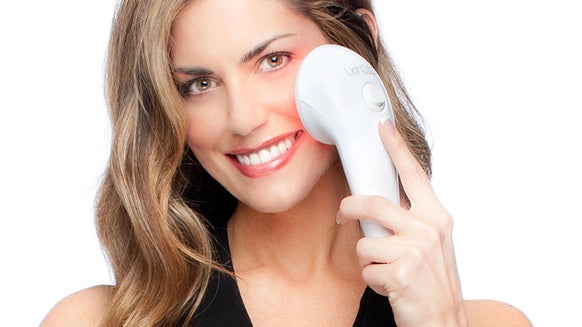10 Signs You Have Sensitive Skin
Sensitive skin refers to a range of conditions, from genetic ailments, such as rosacea and eczema, to severe allergies. While many people can have a skin reaction at some point or another to a product or ingredient, those with persistent issues are classified as having sensitive skin. Check out these 10 signs to see if your skin needs some extra care.
1. Your Skin Easily Flushes
Redness is a common sign of sensitive skin, whether the culprit is a genetic predisposition—like rosacea—or just a reaction to certain ingredients. Those with truly sensitive skin have this reaction often. Those with only infrequent skin "sensitivity" to harsh ingredients don't meet the designation of sensitive skin, but should avoid anything that routinely causes irritation.
2. You're Prone to Rashes and Bumps
Frequent rashes and tiny red bumps are telltale signs of sensitivity. Be sure to vet any new products by performing a patch test on a small, inconspicuous area. Wait 24 hours to see if a rash develops before applying it to your entire face or body.
3. Beauty Products Sting or Burn
Whether it's a cleanser, moisturizer, foundation or sunscreen, your skin reacts—and not in a good way. People with sensitive skin tend to have a thinner skin barrier, allowing the ingredients in skin care products to sting or burn. Don't overload sensitive skin with harsh ingredients—stick with gentle, hypoallergenic products formulated for sensitive skin.
4. You Have Dry Patches
Dryness and irritation of the skin are signs of eczema, a type of dermatitis characterized by a leaky skin barrier that doesn't effectively trap moisture. Scaling and flaking develops the longer the dryness persists. For mild eczema, over-the-counter creams can help but for more persistent flare-ups, a topical steroid can provide relief.
5. Your Skin Feels Itchy
Itchy, taut skin is a symptom of sensitivity easily exacerbated by frequent washing with hot water. Switch to a lukewarm temperature, and be sure to use a gentle cleanser, followed by a ceramide-packed moisturizer.
6. You're Sensitive to UV Rays
You step into the sun without a hat or sunscreen, and the next thing you know, you're flushed and beet-red. Photosensitivity can cause a skin rash on the face, outer arms and chest. Wear a broad-spectrum sunscreen with SPF 30 or higher, and avoid synthetic varieties—titanium dioxide and zinc oxide are more agreeable to sensitive skin.
7. You Have Broken Capillaries
Broken capillaries refer to tiny blood vessels that become visible near the surface of the skin and are often seen on the nose and cheeks. Those with sensitive skin—which is thin and has fewer protective layers—are more prone to having broken capillaries.
8. Fragrance and Your Skin Don't Mix
It may smell good, but scented products are an extremely common trigger for those with sensitive skin. Opt for fragrance-free beauty products, and don't assume that "natural" scents will be okay. Typically, therapeutic essential oils—such as cinnamon, clove and peppermint—quickly inflame sensitive skin.
9. Your Skin Reacts to Bad Weather
Cold, windy days are an immediate trigger for those with rosacea, causing flushing via agitated, swollen blood vessels. Inflamed skin needs calming, so look for products with soothing ingredients like calendula, chamomile and azulene extract.
10. You Break Out Easily
Sensitive, dry skin may produce extra oils to try to compensate for the lack of contained moisture. The result? Easily clogged pores that lead to breakouts. Wash no more than twice a day with a gentle cleanser, and opt for non-irritating spot treatments such as tea tree oil and witch hazel as opposed to alcohol, benzoyl peroxide or salicylic acid.
This article has been reviewed by board-certified dermatologist Dr. Emmy Graber.

From the latest hair and makeup trends to the best solutions for your skin issues, we've got all your beauty concerns covered!
Related Posts

8 Best Face Oils for Sensitive Skin (Plus How to Choose the Right One)

